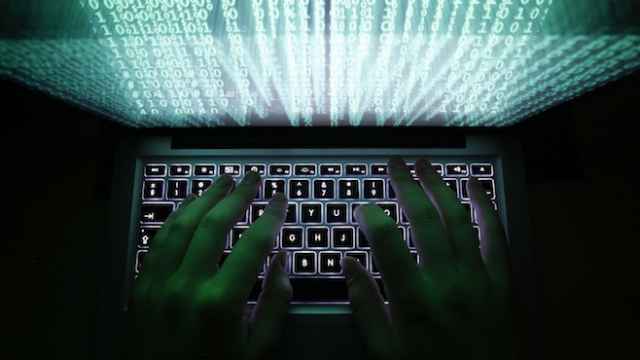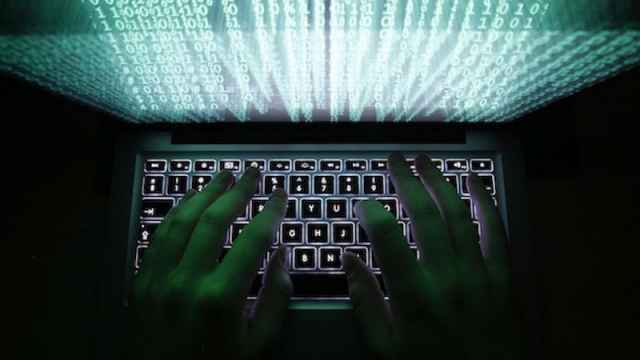Russian hackers who broke into Democratic Party computers purposefully left evidence to prove Russia's status as a “cyberpower,” U.S. experts have claimed.
A number of experts believe that hackers left clues to their identity to showcase Russian power as a threat that Washington cannot ignore, the Reuters news agency reported Thursday.
Some 20,000 Democratic National Convention (DNC) emails were leaked to the WikiLeaks internet activism group last week ahead of the Democratic Party’s convention. The scandal has since caused DNC chairperson Debbie Wasserman Schultz to resign.
CrowdStrike, the security firm who handled the breach, as well as two more independent research firms, concluded that the Kremlin sponsored the two groups responsible for the hack.
Three U.S. intelligence officials told Reuters that the DNC hack was less sophisticated than past cyber-attacks attributed to Russian intelligence agencies or criminal groups.
One official said that hackers used Cyrillic characters, and had only worked during Russian government business hours, taking time off for Russian public holidays. Considering the high-level of expertise required for the hack, some experts believe that these "slip-ups" were deliberate clues.
“Either these guys are really sloppy, or they wanted us to know they were Russian,” the official said.
While some private sector security experts also accuse Russia of carrying out the hack, they believe that data such as the Cyrillic characters could have been left accidentally.
The act of leaving “false flags” — evidence attempting to implicate a different group or country in hacking campaigns — has also become a common practice in cyber-attacks.
The Kremlin has dismissed the claims of Russian involvement as "absurd," with Russian Foreign Minister Sergei Lavrov telling reporters that he didn't "want to use four-letter words” to describe the allegations.
A Message from The Moscow Times:
Dear readers,
We are facing unprecedented challenges. Russia's Prosecutor General's Office has designated The Moscow Times as an "undesirable" organization, criminalizing our work and putting our staff at risk of prosecution. This follows our earlier unjust labeling as a "foreign agent."
These actions are direct attempts to silence independent journalism in Russia. The authorities claim our work "discredits the decisions of the Russian leadership." We see things differently: we strive to provide accurate, unbiased reporting on Russia.
We, the journalists of The Moscow Times, refuse to be silenced. But to continue our work, we need your help.
Your support, no matter how small, makes a world of difference. If you can, please support us monthly starting from just $2. It's quick to set up, and every contribution makes a significant impact.
By supporting The Moscow Times, you're defending open, independent journalism in the face of repression. Thank you for standing with us.
Remind me later.





